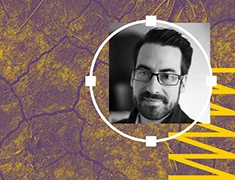faith and philosophy

Announcements
Human Persons: Bodies, Souls, and Emergentism
June 30, 2021
“Then the LORD God formed the man of dust from the ground and breathed into his nostrils the breath of life, and the man became a living creature.” Almost hidden within the Genesis creation account stands this singular sentence about God’s creation of humankind. Revealed is God’s creative act; implied is the dual nature of…